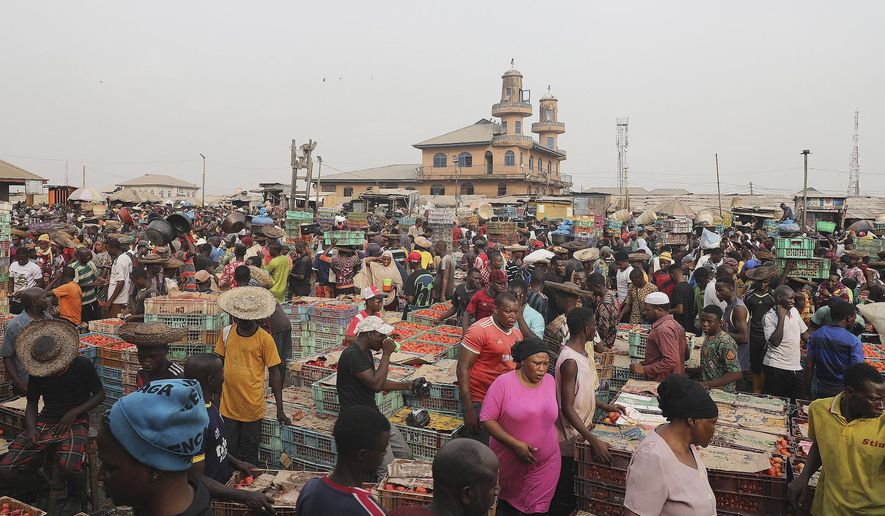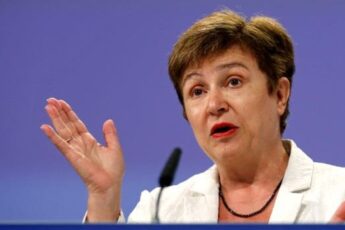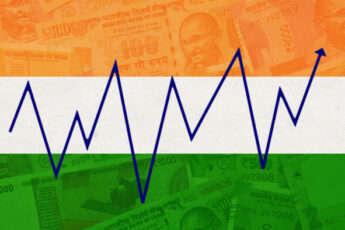In a bold move aimed at tackling soaring inflation and a historic currency crisis, the Central Bank of Nigeria (CBN) announced a significant hike in its key interest rate on Tuesday. With Africa’s largest economy struggling to regain stability, the decision reflects a concerted effort to address the pressing economic challenges facing the nation.
The CBN’s decision to increase the main monetary policy rate by 200 basis points, raising it to 24.75% from 22.75%, marks a continuation of its tightening monetary policy stance. This follows a previous hike of 400 basis points in February, signaling the seriousness with which the central bank views the current economic situation.
Nigeria has been grappling with high inflation rates, which have been exacerbated by various factors including supply chain disruptions, rising food prices, and weakening currency. The inflation rate soared to multi-year highs, placing immense pressure on consumers and eroding purchasing power. Additionally, the country has faced a historic currency crisis, with the value of the naira depreciating significantly against major foreign currencies.
The decision to raise interest rates is aimed at curbing inflationary pressures by reducing aggregate demand and encouraging savings. By making borrowing more expensive, the central bank hopes to discourage excessive spending and investment, which can contribute to inflationary pressures. Furthermore, a higher interest rate can help stabilize the currency by making domestic assets more attractive to foreign investors, thereby boosting demand for the local currency.
However, while the rate hike may help address immediate concerns, it also poses challenges for Nigeria’s economic recovery. Higher interest rates could dampen investment and economic activity, potentially slowing down the pace of recovery. Businesses may face increased borrowing costs, which could hinder expansion and job creation efforts. Moreover, higher interest rates could put additional strain on already struggling households, making it more difficult for them to access credit and afford essential goods and services.
The central bank’s actions underscore the importance of implementing comprehensive policy measures to address the root causes of Nigeria’s economic challenges. In addition to monetary policy adjustments, fiscal measures such as targeted subsidies, investment in infrastructure, and structural reforms are essential to address supply-side constraints, improve productivity, and foster sustainable economic growth.
Furthermore, enhancing transparency and accountability in economic governance, strengthening institutions, and promoting good governance practices are crucial for restoring investor confidence and attracting much-needed foreign investment. Additionally, efforts to diversify the economy away from its heavy reliance on oil exports can help mitigate the impact of external shocks and build resilience against future economic crises.
In conclusion, Nigeria’s decision to raise interest rates represents a proactive step towards addressing high inflation and a currency crisis. While the move may pose short-term challenges, it is essential for stabilizing the economy and laying the foundation for sustainable growth. However, a comprehensive and coordinated approach involving both monetary and fiscal measures, coupled with structural reforms, is necessary to tackle the underlying issues and ensure a robust and resilient economy for the future.






